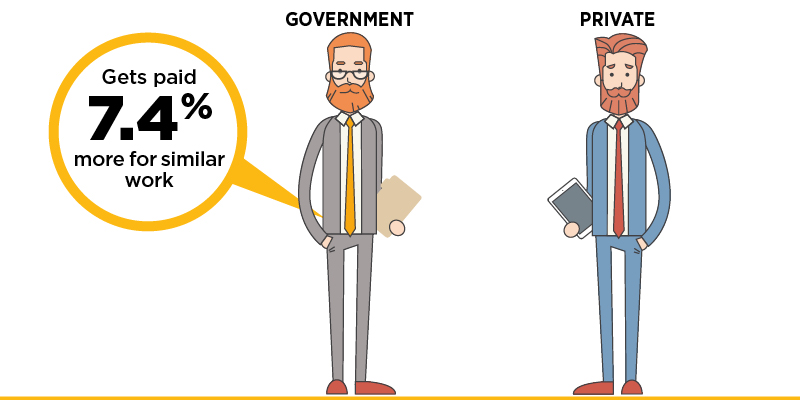Government-sector workers in B.C. retire 2.5 years earlier, on average, than private-sector workers.
public sector
Against a backdrop of persistent deficits and growing debt, the federal and many provincial governments are engaged in collective bargaining negotiations with their public-sector unions.
The new Alberta government has delayed introducing a budget until the fall, so MLAs will have plenty of time to think about how they’ll collect and spend Albertans’ money.
Alberta and Texas have always had a lot in common. Ranching in the 19th century. A can-do entrepreneurial approach to oil and gas in the 20th century. And in the 21st century they are still somewhat similar.
Ever wonder why it's difficult for politicians to govern wisely? Part of the reason is straw men created by some in the media. Here's an example. Both the Toronto Star's Rick Salutin and the Vancouver Sun's Daphne Bramham recently offered up some faulty non-issues.
Normally at this is the time of year many BC families would be counting down the days until school resumed. But this year is different, with the ongoing BC teachers’ union labour dispute casting a pall of uncertainty over the start of the school year. It’s a classic example of the negative effects of a monopoly, and as is often the case with monopolies, ordinary families are the ones most affected.
Now that the province has reaffirmed its intent to lightly modify government employee pension plans, government unions will again try to divert the public from the facts.
For example, after my recent column on the ever-increasing cost to taxpayers of public sector pension plans, Guy Smith, president of the Alberta Union of Provincial Employees and Marle Roberts, president of the Canadian Union of Public Employees (Alberta), cried foul.


